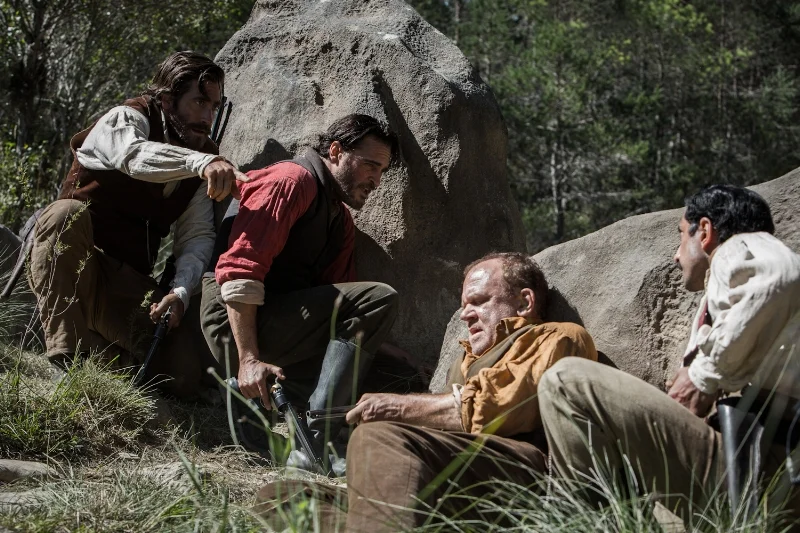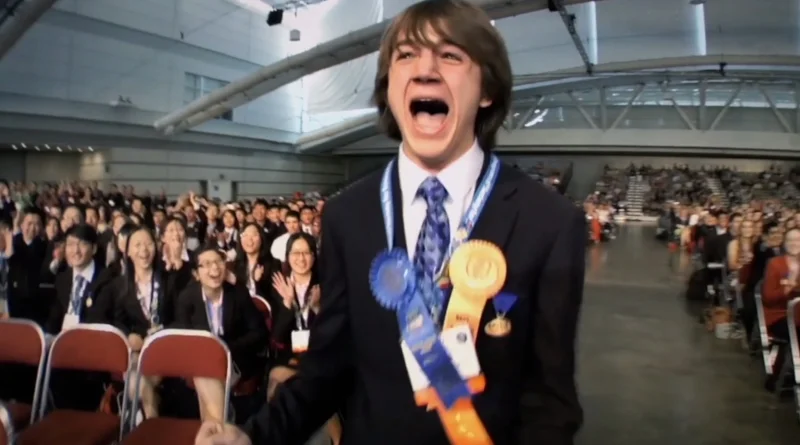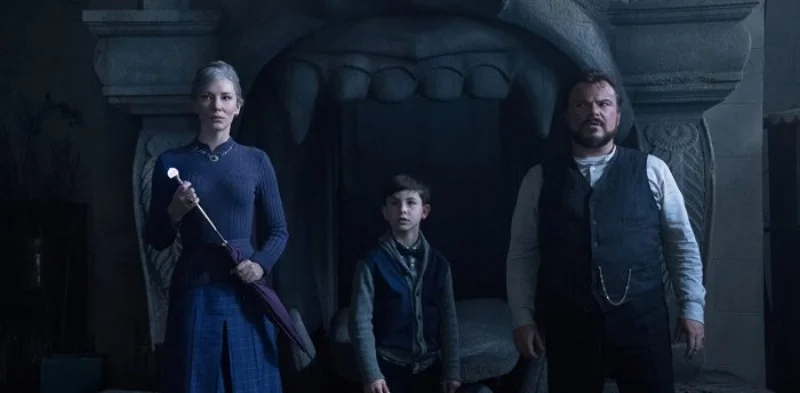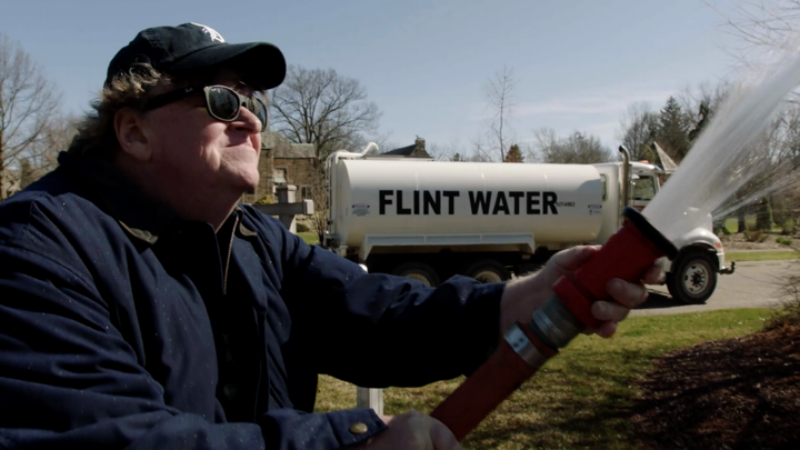FIRST MAN
Directing: B+
Acting: A-
Writing: B+
Cinematography: B+
Editing: B+
Special Effects: A
So is First Man the Apollo 13 of our time? Not exactly: presumably if this had been called Apollo 11, the focus would have been exclusively on the Apollo 11 mission that first landed man on the moon. That might have made an even better movie, to be honest.
Instead, director Damien Chazelle (Whiplash, La La Land) broadens the scope, detailing in 141 minutes the seven years leading up to Neil Armstrong (Ryan Gosling) becoming that “first man” of the title, and focusing on him as an individual, both as an astronaut and as a family man.
The degree to which a focus was needed on either side of Armstrong is easily the most debatable aspect of First Man. It’s like two movies, intercut with each other. The stuff showing Armstrong engaging training, and in test and practice missions, are steeped in impressive detail and undeniably gripping, but also very dispassionate in presentation. As is the man himself, which informs the stuff showing him at home with a housewife (Clarie Foy, doing an excellent job with the usually thankless role of the “worried wife”) and two kids.
This is an entire family dealing with the loss of a two-year-old daughter, which Chazelle uses as the plot point to amp up the emotion that exists almost entirely within the family-at-home sequences. It’s also the one point of crossover between these scenes and those of Armstrong’s work as an astronaut, culminating in an emotionally climactic moment during his moon walk, which seems to strain believability, but apparently — spoiler alert at this link! — is more plausible than one might assume.
Ryan Gosling’s performance is excellent, understated in a way that will likely get him Oscar recognition but not flashy enough to get him a win (especially if competing with Bradley Cooper in A Star is Born). This is a guy who is emotionally repressed, after all — a character trait that hinders him at home but proves critically useful for his focus at work.
In hindsight, the special effects are perhaps the most impressive part of First Man — employed so skillfully that you don’t even register that you’re seeing effects shots most of the time. It’s easy not to notice, given how astonishingly analog the technology was at the time, accomplishing things not done routinely even now, fifty years later. That famously “giant leap for mankind” was clearly not as wide a leap as was assumed back then: this was an event that had the world imagining humanity spending time in space as a matter of course within that amount of time.
As Armstrong states in the film, “A lot of things have to go right” before they can successfully land on the moon. A lot of things went wrong — many of them terribly, tragically wrong — for them to get to that point. That is really the story being told here, and for the most part, it is gripping. The jury will likely always be out on the necessity of the emotional, family element, transparently played up here as part of typical Hollywood movie-making practice.
Personally, I was pretty much down with it all. First Man sheds light on a lot of detail never quite presented in the same way in popular entertainment. It also employs a whole lot of thoroughly unnecessary hand-held cinematography, something we don’t need so much when we’re just, say, watching two neighborhood housewives conversing on the street. A shaky camera inside a cockpit, on the other hand, is very effective — the opening sequence in which Armstrong nearly floats out into space on an early test mission is incredible. And interspersed with this excessively shaky camera work are brief shots all throughout the film which are stunning in both their beauty and their matter-of-factness.
First Man does seem to want to have it both ways, to succeed on that matter-of-factness while also emotionally manipulating us with his wife and young children. The sequences of Armstrong the astronaut are nearly clinical in their precision, somewhat reminiscent of the detached storytelling of Paul Greengrass’s United 93. And that movie was criticized for its lack of any real emotional hook, and I for one an glad First Man made the effort to have a heart, however overwrought it might be at times.
Ryan Gosling gets the job done.
Overall: B+










